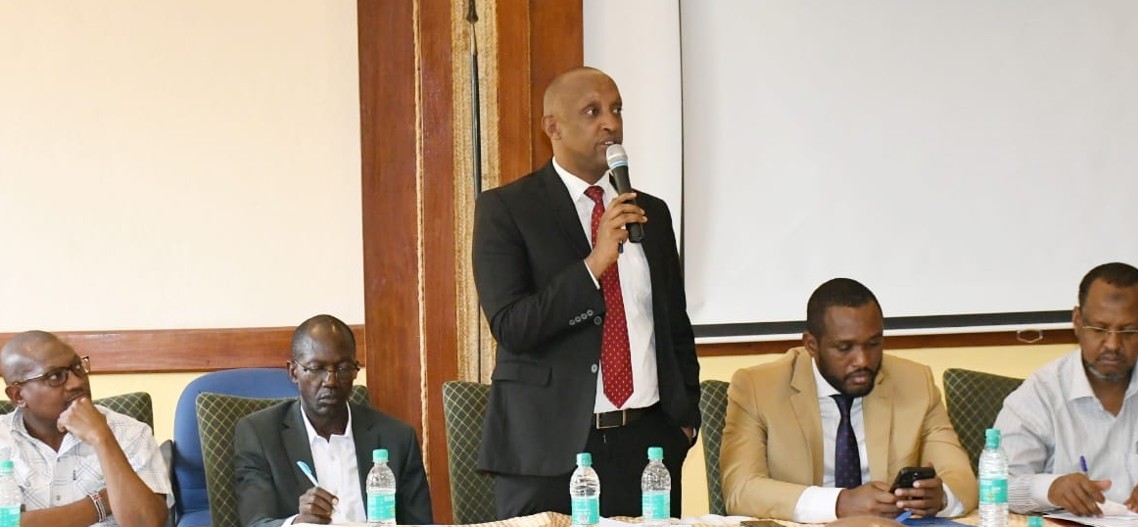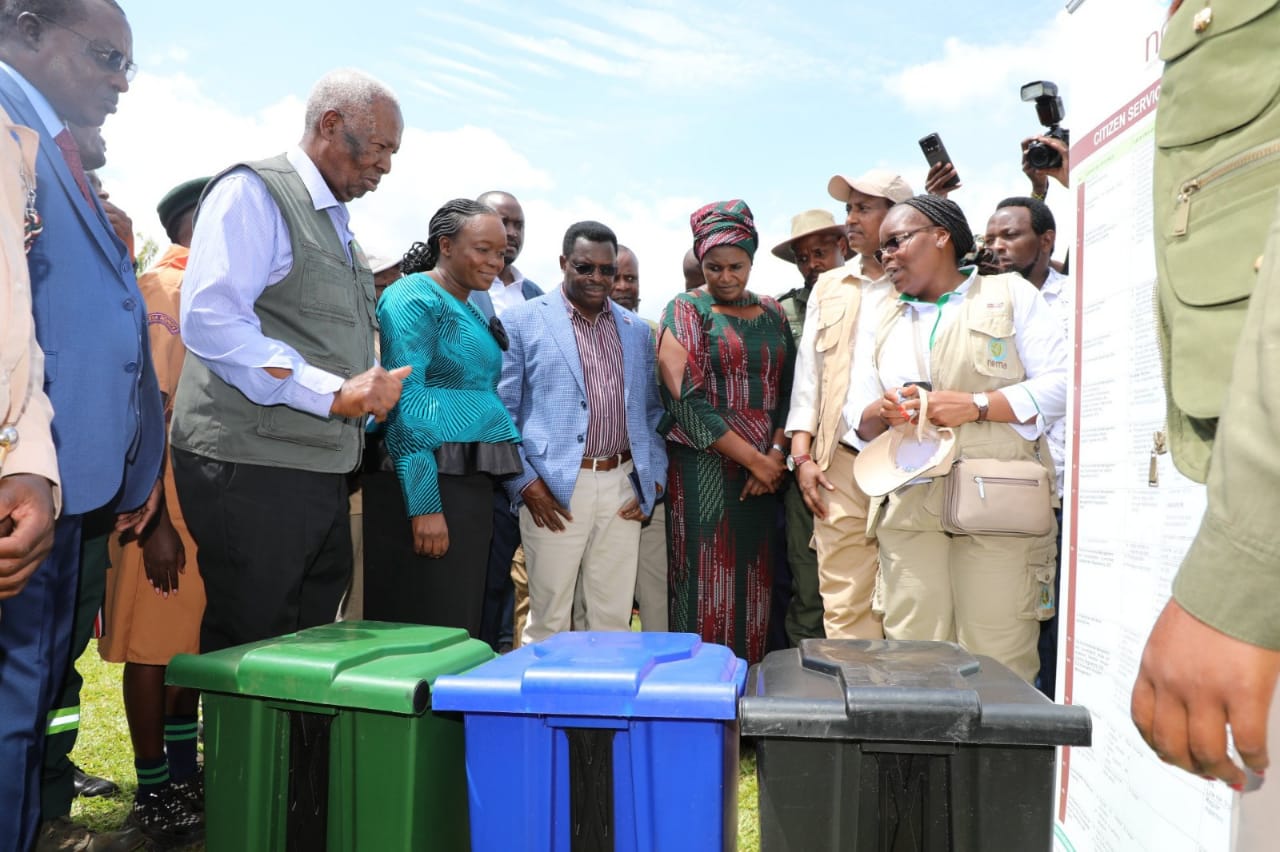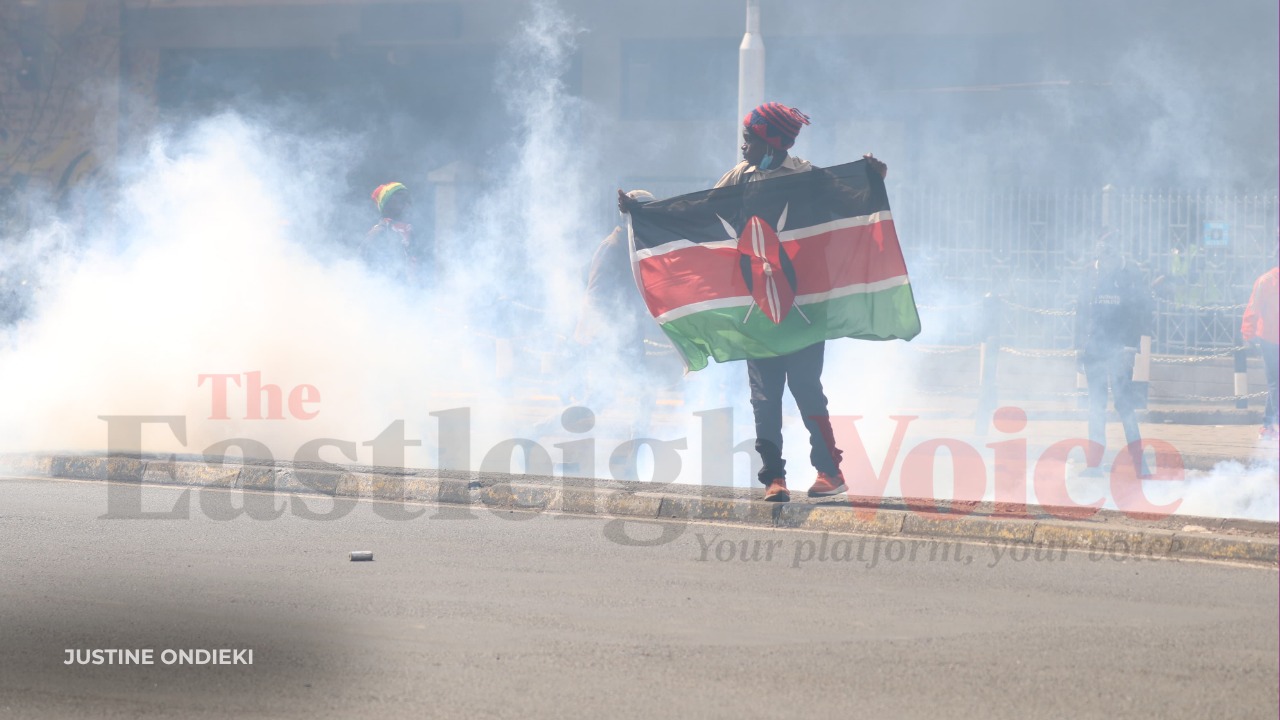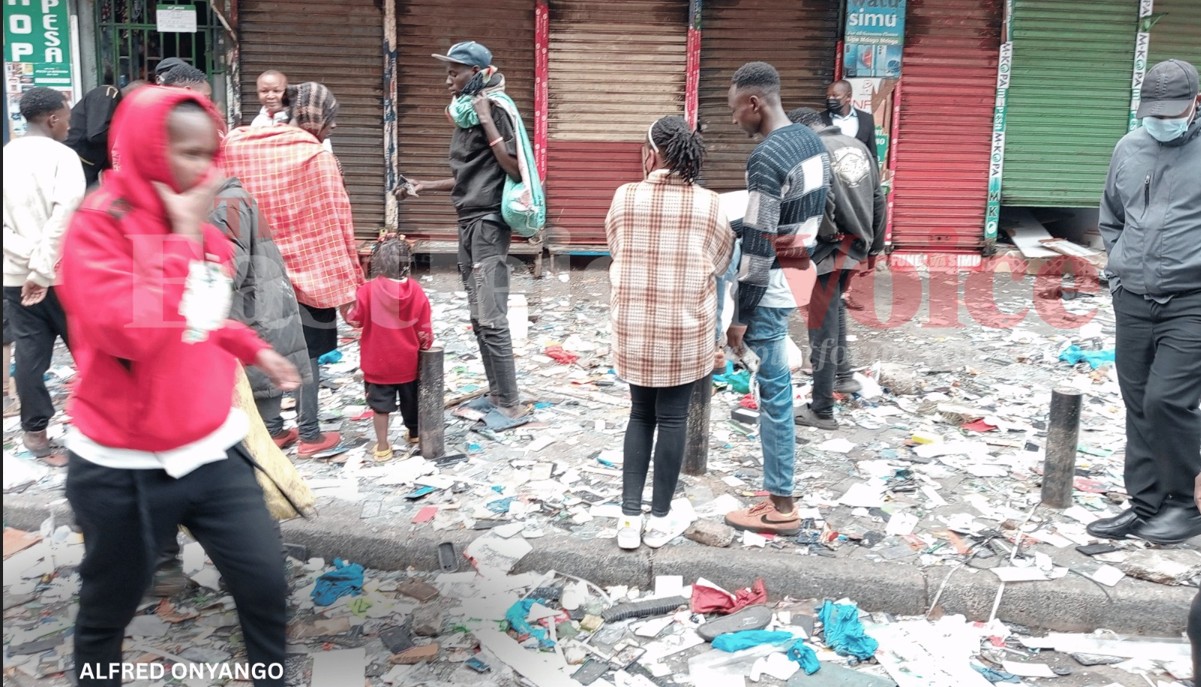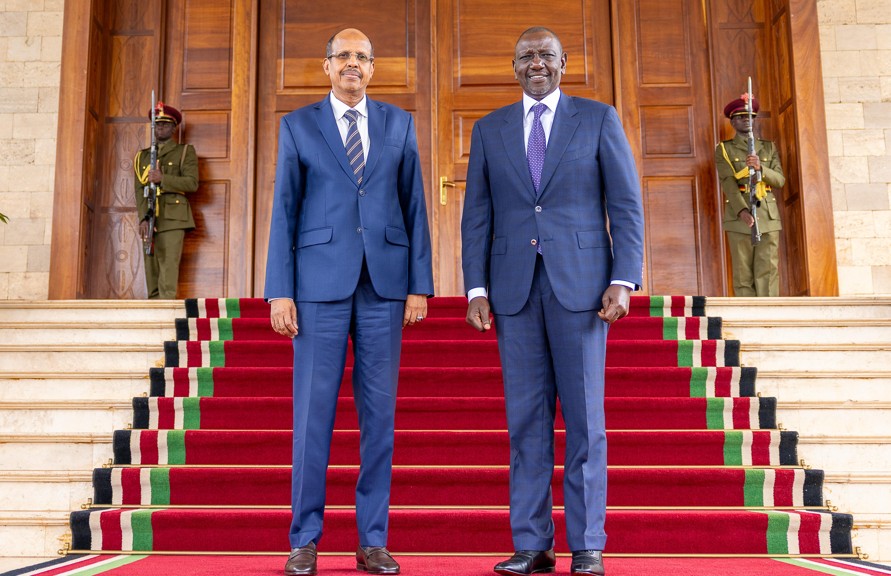In Gaza, evacuation orders threaten to uproot UN’s aid hub once again

According to UNRWA, the UN agency for Palestine refugees, ongoing military operations in Deir Al-Balah have left only three of the area’s 18 water wells still functioning.
The plight of Gaza’s people continues to worsen in the enclave where humanitarian operations are “ongoing where feasible” amid repeated evacuation orders from the Israeli military, the UN Aid Coordination Office, OCHA, warned on Tuesday.
In an update, OCHA spokesperson Jens Laerke rejected any suggestion of stopping the lifesaving aid operation, despite the multiple challenges linked to the war and ongoing fighting.
More To Read
- UN General Assembly adopts Gaza ceasefire resolution by overwhelming majority
- US vetoes UN Security Council draft resolution demanding immediate Gaza ceasefire
- Gulf states call for Gaza truce, support Syria at ministerial session
- UK, France, Canada threaten sanctions against Israel over Gaza war
- Gaza ceasefire talks make some progress, Qatari PM says
- Israel strikes in Gaza kill at least 200
“There’s been no decision to halt, there never has been, we’ve been there for 10 months, so [it is] ongoing where feasible. I want to remind you that only 11 per cent of the territory of the Gaza Strip is not under evacuation orders…so we’re trying to work with that number and keep the operation going.”
Evacuation peril
Mr. Laerke noted that a total of 16 evacuation orders have been issued for August alone, creating upheaval for Gazans already uprooted multiple times.
The same orders have also encompassed the UN’s aid hub in the central city of Deir Al-Balah.
Previously, the UN and partners’ main humanitarian response had been based in Gaza’s southernmost city of Rafah, close to Egypt, but the Israeli military operation that began there in early May resulted in an exodus of almost all of those sheltering in and around Rafah to the continually shrinking humanitarian zone at the coast.
According to OCHA, since last Friday, the Israeli military has issued three new evacuation orders for over 19 neighbourhoods in northern Gaza and in Deir Al-Balah. More than 8,000 people sheltering in these areas have been impacted.
There is particular concern about the evacuation order issued on Sunday affecting part of Deir Al-Balah used by humanitarians, the OCHA spokesperson told journalists during a scheduled briefing in Geneva: “It affected 15 premises hosting UN and NGO aid workers, four UN warehouses, Al Aqsa hospital, two clinics, three wells, one water reservoir and one desalination plant....[these evacuations happened] “at very short notice and in dangerous conditions”.
Mr. Laerke added that “it effectively upends a whole lifesaving humanitarian hub that was set up in Deir Al-Balah after its earlier evacuation from Rafah back in May...And that, of course, severely impacts our ability to deliver essential support and services.”
Even basic needs not met
According to UNRWA, the UN agency for Palestine refugees, ongoing military operations in Deir Al-Balah have left only three of the area’s 18 water wells still functioning.
Apart from the daily challenge of securing water and food in the enclave, the UN health agency insisted on the urgent need to conduct a polio vaccination campaign, now that some 1.2 million vaccines have reached the enclave, in coordination with the Israeli authorities. A full 95 per cent of children under 10 years old need to be vaccinated for the campaign to be successful.
The virus was discovered in sewage water there in June. Last week, one case of polio was confirmed in Gaza, contracted by a 10-month-old child who developed paralysis in one of their legs. It was the first such case of polio in 25 years, according to the UN World Health Organisation (WHO).
Gazans have been repeatedly forcibly displaced in the past 10 months of conflict to an ever-shrinking humanitarian zone.
“The vaccines have arrived in the Strip and the cold chain equipment – the technical bits and pieces – are in place,” said WHO spokesperson Dr Margaret Harris, who added that training for health care workers and vaccinators was due to conclude on Tuesday.
But she insisted that the key issue of agreement with the Israeli authorities over how the vaccination campaign would be conducted successfully “with full safety and full access - that's still something that's not been made clear”.
Hospitals impacted
Regarding the impact of evacuation orders on hospitals and their patients, OCHA issued an update quoting NGO Médecins Sans Frontières (MSF) which reported on Monday that many people had chosen to flee from Al Aqsa Hospital in close proximity to the area designated for evacuation in Deir Al-Balah. According to the Gazan health authorities, from around 650 patients, only 100 now remain in the hospital.
WHO's Dr. Harris stressed that when health facilities are abandoned “a lot of looting occurs”.
“A lot of the equipment, things like the generators, the solar power, all the things that we have spent a lot of work to put back in - it's taken every time,” she said. “It's not just that the hospital itself doesn't function, but that the hospital is often very much damaged by the experience of the evacuation order.”
OCHA also said that delivering fuel and medical supplies to health facilities is “extremely challenging” amid repeated evacuation orders, recalling that last week, the Kamal Adwan and Indonesian hospitals in northern Gaza renewed appeals for the “urgent” provision of diesel to keep electricity generators functional.
Top Stories Today



